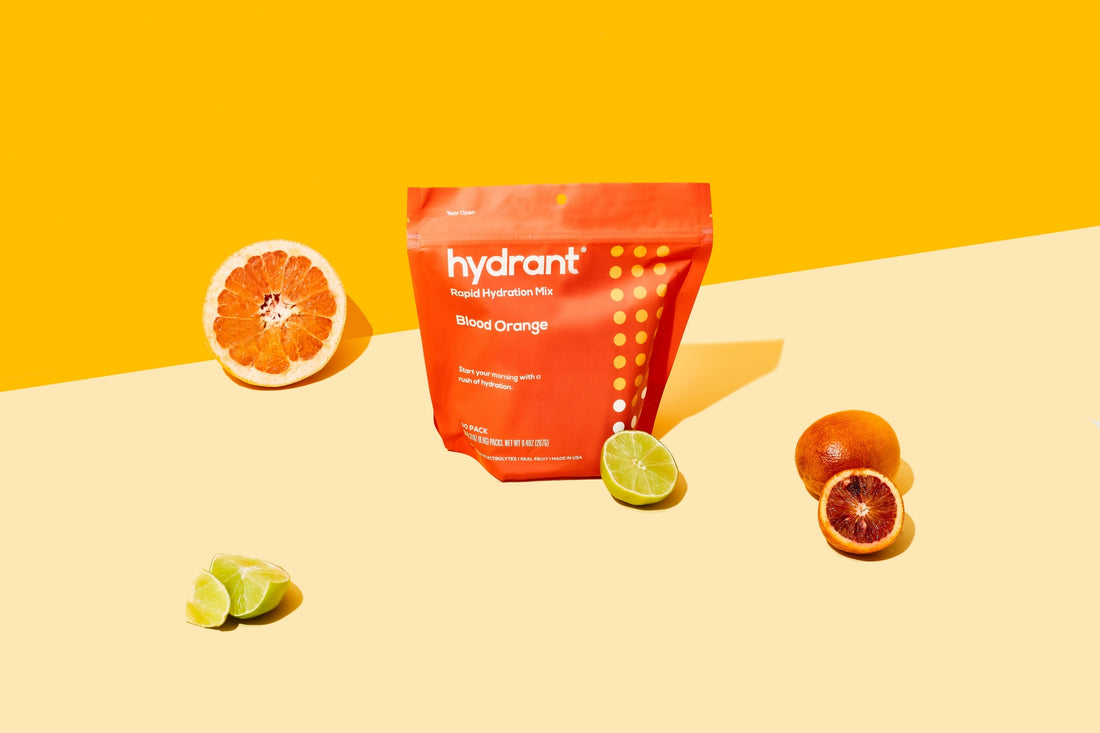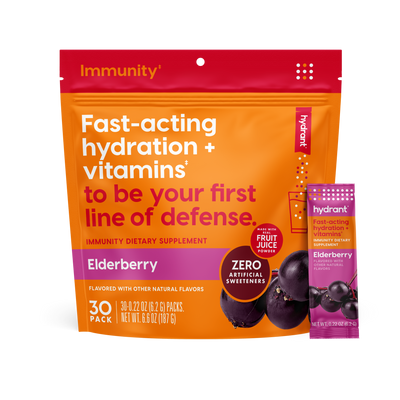Historical records estimate that the first gardens began in 10,000 BCE in India and Asia. It’s easy to see why gardening has continued to hold steady as an essential tradition practiced worldwide.[i]
Forming a closer connection to nature, understanding where certain foods come from, and growing beautiful flowers are just a few perks of gardening.
It’s interesting to compare ancient gardens such as the Hanging Gardens of Babylon to modern gardens. We’re at a point in history where different parts of the world represent and promote distinct styles of gardens.[ii] German gardens tend to emphasize viewing plant displays, while American gardens often focus more on sourcing food.

Gardening offers plenty of rewards, but every gardener knows that those rewards don’t always come easy. The weekly or often daily maintenance of gardens can take its toll physically—especially during warm Spring and Summer months.
This article aims to provide tips for recovering efficiently from long days of gardening so you can jump right back into action the next day or after rest days. Before we jump into tips for recovery, let’s touch on some quick tips to help you prepare for long gardening days so your recovery will be less intense.
Preparing for Gardening
Stretching is a great way to warm your body up for the physical demands of gardening. When you’re outside working in a garden, its routine to bend over, lift objects, and spend long hours on your feet. To reduce swelling, cramps, or joint pain, try doing some basic stretches. A few moments of stretching can help you tremendously.
If you have one or multiple big gardening projects, ask for help to reduce the workload you take on. When you’re working long days in the garden when the weather is warm, try gradually increasing your workload instead of jumping in all at once.
If you work too much too fast, you can run the risk of developing heat-related illnesses that can include:
- Heat cramps
- Heat exhaustion
- Heat stroke
Ok, so you’ve finished a long day of gardening, and you’re looking to unwind and recover.
Here is a list of tips to accomplish that goal:
Tip #1: Rehydrate
Hydration is critical when it comes to avoiding heat-related illnesses—hydrate before you garden, every 15-20 minutes on average during gardening, and after working.
Your body is going to lose a lot of water when you sweat during gardening. On days when the heat index is high, you’ll become dehydrated at a more accelerated rate due to your body’s lowered ability to evaporate and get rid of the sweat you produce.

Certain liquids you should avoid when looking to rehydrate include:
- Alcohol
- Tea
- Coffee
The above drinks have dehydrating effects due to caffeine, while alcohol is dehydrating because it’s a diuretic.[iii] Reusable water bottles make hydrating during gardening accessible and eco-friendlier. Coolers are a great way to keep extra water around, so you don’t have to pause from your work to go inside.
Tip #2: Eat the Right Foods
People occasionally overlook the value of a post-gardening meal and place more importance on the pre-gardening meal. The truth is that what you eat post-gardening is just as important as what you eat before.
When you garden, you often use your muscles to weed, lift, and carry objects, which results in a lower amount of glycogen in your muscles.[v] If you want to replenish glycogen levels in your muscles, you must consume the correct nutrients.
Carbs and proteins are must-haves for a proper recovery meal. Proteins will help repair your muscles that are partially torn due to physical activity. At the same time, carbs act as fuel for future physical exertion—throwing in a little bit of fat from sources such as whole milk aids the benefits of your recovery meal.
Here’s a quick list of foods you should consume for recovery after gardening:
- Fruits
- Rice
- Potatoes
- Pasta
- Leafy vegetables
- Eggs
- Salmon
- Greek yogurt
- Chicken
- Nuts
Tip #3: Get Proper Sleep
Sleep is going to play an important role in your ability to carry on through long days working in the garden. There’s a clear connection between a lack of sleep and decreased physical performance.
Not getting enough sleep can result in:
- Accelerated feelings of fatigue
- Slower muscle recovery
- Higher levels of stress hormones
—and more.
Establishing a sleep schedule is a helpful way to ensure you get the rest you need. It would be best to wake up and go to bed at or close to the same time every day to train your body to rest properly. If you need to take a break in the middle of the day, short naps can help you recover.
Achieving proper sleep is one of the easier tips on our list to incorporate into your life as physical activity from gardening will make your body create more adenosine—a chemical that makes you feel tired.[vi]
Tip #4: Meditate

Meditation is an ancient practice with its first written records dating back to 1500 BCE in India.[vii] Since these initially written records, meditation has steadily gained traction in places like the United States during the 20th century.
While meditation may not be a proper fit for everyone, the practice presents plenty of benefits.[viii] After you’ve spent a long day outside gardening, you’re going to need to unwind and warm down. The mental clarity you receive through meditation can have a ripple effect that physically calms your body.
Once you’re calmer and more relaxed from meditation, it’ll be easier to fall asleep and stay asleep throughout the night.
There are different styles of meditation, so feel free to explore different meditative practices to find a routine that’s right for you.
Tip #5: Apply Heat and Ice
Heat and ice are core components of recovery from physical exercise such as gardening. If the weather is warm, consider applying ice packs or using a cold towel.
Since gardening requires you to be on your feet for prolonged periods, it’s essential to integrate treatments that help fight swelling or soreness. Immersing your feet in warm water is a great way to relieve the tension built up from a long day of gardening.
Spas offer more focused treatment options in environments such as saunas for a more accelerated recovery.
Tip #6: Muscle and Joint Gel
Muscle and joint gels are an accessible way to treat low-level aches and pains that you can encounter through gardening.[ix]
You might be wondering how these gels work.
Lots of muscle and joint recovery gels use menthol, which cools and warms the applied areas for higher comfort levels. Most muscle and joint gels are over the counter.
Tip #7: Drink Hydrant
Hydrant is a powder mix that contains an optimal blend of electrolytes that promotes fast recovery from long days in the garden.
While water is excellent, Hydrant’s ideal balance of electrolytes and a small amount of sugar hydrates you more rapidly than plain water due to low osmolality and 7 grams or less of cane sugar.
The 7 grams or less of sugar in Hydrant serve to activate the sodium-glucose transport mechanism in the small intestine, which pushes electrolytes and water into the bloodstream faster. Hydrant’s flavor comes from real fruit juice powder, and the mix doesn’t contain any stevia, synthetic colors, or artificial sweeteners.
When you’re looking to recover quickly from a long day of gardening, we’re here to help.













